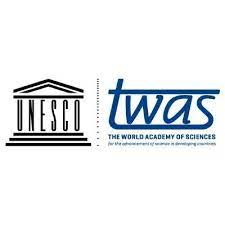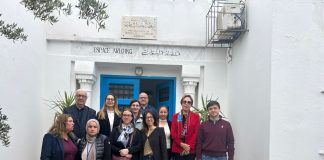
Seed Grant for New African Principal Investigators
With the support of the German Federal Ministry of Education and Research (BMBF), UNESCO-TWAS launched a new programme to strengthen the capacity of African countries lagging in science and technology. The programme is aimed at young scientists who are getting established in their country or are about to return home to an academic position.
The Seed Grant for New African Principal Investigators (SG-NAPI) was established in response to the needs of researchers in developing countries, particularly those attached to institutions that lack appropriate research facilities.
The SG-NAPI aims to support early-career scientists in Sub-Saharan Africa, with particular emphasis on Least Developed Countries (LDCs).
Programme Details
- SG-NAPI Grants are awarded to high-level promising research projects in Agriculture, Biology, Chemistry, Earth Sciences, Engineering, Information Computer Technology, Mathematics, Medical Sciences and Physics carried out by Principal Investigators (PI) in the African countries lagging in science and technology identified by TWAS.
- Research Grants to research units amount to a maximum of USD 67,700.
- The grants, which are normally provided for a period of 24 months, may be used to purchase scientific equipment, consumables, which can include fieldwork partially and maintenance of equipment and specialized literature (textbooks and proceedings only). The grant does not cover salaries of the Principal Investigator or travel expenses unless they are clearly related to one of the conference and/or mobility components mentioned below. Please note that the purchase of fuel, fees for experts or consultants, laptops, tablets, drones and laboratory animals is not supported.
- Awarded PIs may also support MSc student as part of the project, request funding for international conference grant, industrial link grant, mobility grant and open access publication grant. Full details of each component are laid out in the guidelines.
- The programme has an additional component which seeks to enhance the productivity of female scientists returning to academia after a maternity leave, scientist-after-child grant. Full details of this component can be found in the guidelines.
For more information, visit Seed Grant for New African Principal Investigators.




